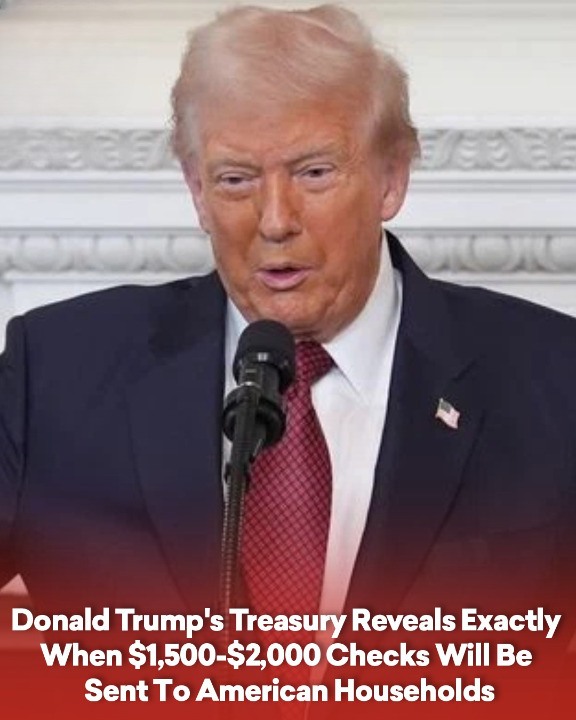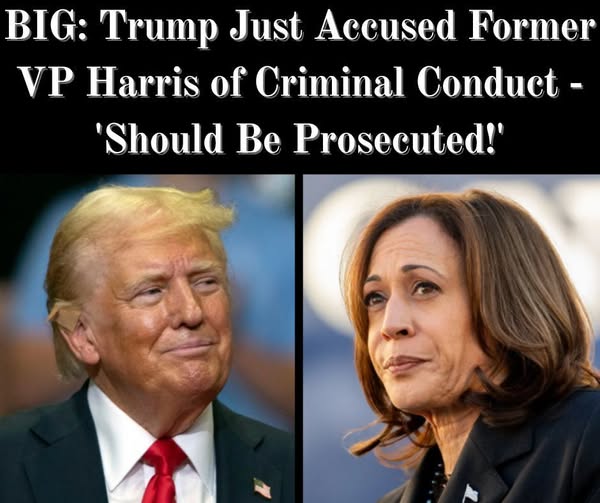Barron Trump’s US citizenship explained after Donald’s kids spark huge debate over it
Trump’s proposed birthright citizenship ban has sparked debate over his own children’s eligibility, particularly his youngest son Barron. The policy would end automatic citizenship for children born in the U.S. to non-citizen parents, challenging the 14th Amendment’s longstanding interpretation.
Interestingly, four of Trump’s five children—Don Jr., Ivanka, Eric, and Barron—were born to mothers who weren’t U.S. citizens at the time. His first wife Ivana held only Czech citizenship during their children’s births, while Melania, Barron’s mother, was a Slovenian green card holder who naturalized months after his birth.
Critics quickly noted the irony, with one social media user questioning: *”Doesn’t that go against his immigration laws?”* Others highlighted that Tiffany Trump, born to U.S. citizen Marla Maples, would be unaffected.
Supporters argue the policy wouldn’t apply retroactively and that Trump’s children qualify through paternal citizenship. One defender wrote: *”His father is a citizen, and the change is not retroactive.”*
The Supreme Court recently cleared a path for the policy by limiting nationwide injunctions against federal rules. Trump celebrated the decision on Truth Social, calling birthright citizenship a “hoax” and a “scam.”
Legal experts dispute Trump’s ability to override the 14th Amendment via executive order. The clause guarantees citizenship to *”all persons born… in the United States,”* with few historical exceptions.
As the debate continues, Trump’s family history underscores the complexities of immigration policy—and how even proposed reforms might impact those closest to their architects. The controversy highlights ongoing tensions between constitutional interpretation and modern political agendas.






